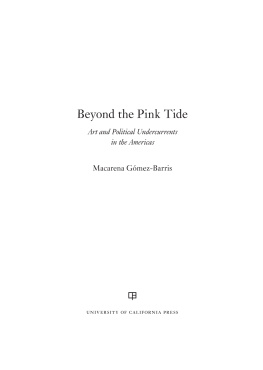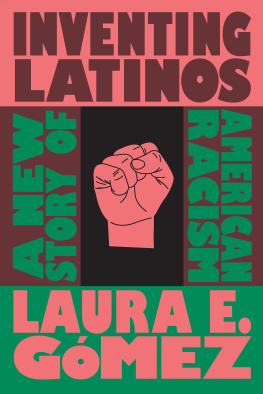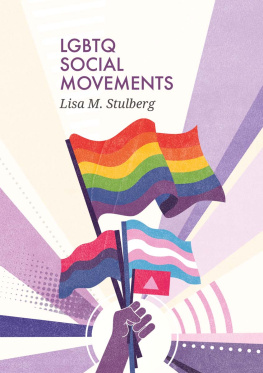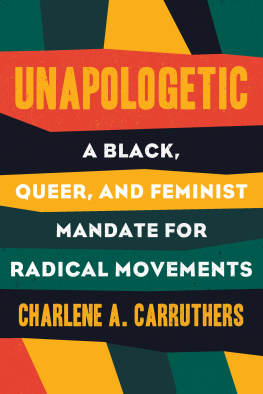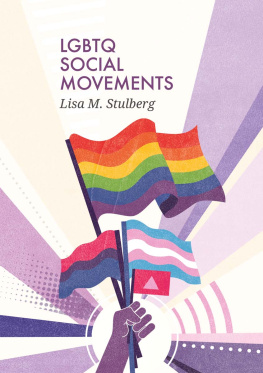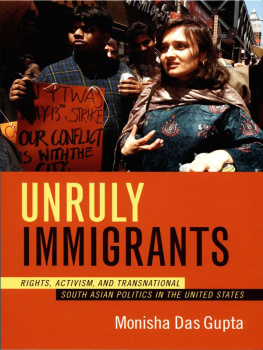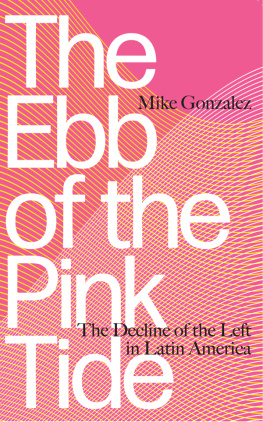OVERVIEW
How do artistic and political undercurrents refuse the nation-state, offering other modes of being and doing politics in the Americas? Moving beyond the Pink Tide, or state-centered change, I discuss how Transnational Americas Studies foregrounds the importance of art and activism to imagine the world otherwise.
Pink Tide Art and Social Movements Transnational Americas Studies Critical Hope Debt
What imaginations of solidarity exceed the container of the nation-state? This chapter focuses on the interventions of Ana Tijoux whose music based in the African diaspora and South-South exchanges has become the backdrop for social movements in the Americas, including student anti-debt mobilizations and Indigenous land struggles.
Ana Tijoux Mapuche Land Struggles Decolonization Palestinian Occupation and Resistance Diaspora Student Movements
What spaces and voices challenge the heteronormative violence of nation-state politics? This chapter considers the difference cuir makes to theorizing LGBTI recognition politics, beginning with Pedro Lemebels classic manifesto, Hablo por mi diferencia.
LGBTI Politics Queer Theory Cuir Pedro Lemebel Sex Alternatives Trans Representations A Fantastic Woman
What perspectives challenge the normalization of border violence? This chapter looks at how artwork, performance, and critical theory reveal the extreme conditions of living and dying in the shadows of the US-Mexico border.
US-Mexico Border Militarization Experiential Art Performance Post-Commodity Sayak Valencia Teresa Margolles Regina Jos Galindo
This chapter decenters colonial maps and archives to reveal the genocidal colonial violence against Selknam, Yeguen, and Ona peoples and territories in Tierra del Fuego. A focus on archipelagos and Indigeneity reorient our view toward land, sea, sky, and starlight.
Patagonia Tierra del Fuego Archipelagos Patricio Guzmn Selknam and Ona Peoples British Colonialism Disappearance
I offer a metaphor for the sudden sea change and potential of art and political undercurrents from the Americas and the Global South. Art and social movements find routes out of the heteronormative and racialized logics of the nation-state.
Global South Antonio Gramsci Future Southern Theory
PREFACE
One origin moment for this book came from my time living in Quito during 2015. There I saw how a progressive Latin American government, or what has been dubbed the Pink Tide, turned against the leaders of the social movements that had first brought them to power. Manuela Picq, an anthropologist and journalist and currently a professor at Amherst, was persecuted for her activism alongside her long-term partner, Carlos Prez Guartambel, Indigenous activist and president of the Kichwa Confederation of Ecuador (Ecuarunari). Even before Manuela was jailed for her supposed antistate activities in solidarity with Indigenous land and water defenders, it became clear that the strong-arm tactics of the state were meant to quell increasing discontent with the politics of resource extraction. As she herself noted, Surprisingly, the Left is also prone to criminalizing social protest.
In contrast to these strong-arm tactics, I witnessed how on the ground, eco-feminist, transgender, anarchist, artist, youth, and Indigenous activists worked collaboratively to denounce state violence. A series of actions called out President Rafael Correas cover-up of the real story, which was the Ecuadoran states alliance with extractive corporations. In the face of Manuelas shocking beating by police and her subsequent arrest and imprisonment, I found my hope in the Pink Tide, or the turn to progressive governments in Latin America over the past twenty years, quickly dissipating.
Like many, I wrongly assumed that progressive governments coming to power on radical-sounding platforms would cement social and economic change. Put into power by coalitional movements, Pink Tide states had mobilized the language and symbols of decolonization to garner support. But in the space of a few short years, new progressive states sometimes deployed the same authoritarian methods as their predecessors, and they continued policies that perpetuated social and economic inequalities and reinforced the class, color, sex and gender order.
At the same time, I observed that local communities, artists, Indigenous organizers, and eco-feminists and queer/trans activists embodied alternatives to colonial and modern authoritarianisms in the Americas. Whether through youth radio programs, vibrant exchanges on the street, meetings in peoples houses, coalition marches, or experimental performances in small theaters, artistic and political undercurrents provided alternatives to the increasing violence of the neoliberal and extractive economy. By strengthening these undercurrents, activists in Ecuador deepened the prospects for social transformation.

